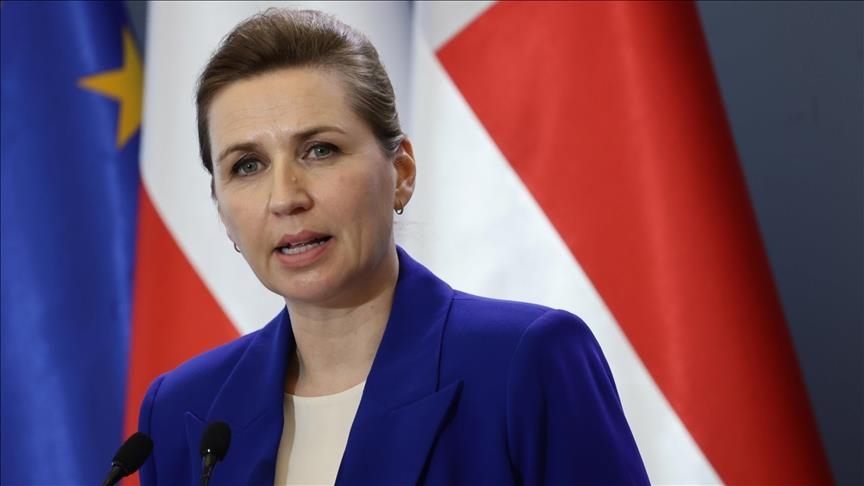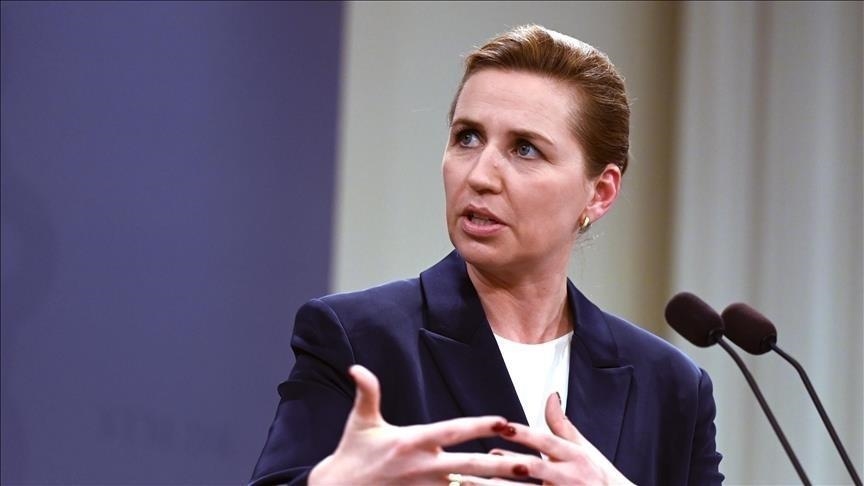Denmark’s Prime Minister, Mette Frederiksen, will visit Greenland on April 2 for crucial talks with the territory’s incoming government.
This visit follows increasing pressure from the United States, particularly from former President Donald Trump, who expressed interest in gaining greater influence over the Arctic island.
The three-day trip comes on the heels of U.S. Vice President JD Vance’s visit to Greenland, which was met with resistance from both Danish and Greenlandic officials.
Greenland’s incoming Prime Minister, Jens-Frederik Nielsen, who won the general election last month, welcomed Frederiksen’s visit and reiterated that Denmark remains Greenland’s closest partner.
Despite historical tensions between Greenland and Denmark, primarily due to the mistreatment of Greenlanders under colonial rule, the growing international interest in Arctic influence has prompted Denmark to strengthen its relationship with the island.

READ ALSO: Real Madrid Boss Ancelotti in Court Over Alleged Tax Fraud, Faces Four-Year Jail Term
Related Articles
Nielsen, who is set to form a coalition government, reaffirmed Greenland’s long-term goal of achieving full sovereignty. However, he emphasized that Greenland values a strong and respectful partnership with Denmark.
“We seek a respectful relationship with the United States, but discussions about annexation or acquiring Greenland without recognizing its sovereignty are not appropriate,” Nielsen stated. He stressed the importance of mutual respect and cooperation between Greenland and the U.S.
Last week, during his visit to a U.S. military base in northern Greenland, Vice President Vance criticized Denmark’s role in maintaining the island’s security, suggesting that the U.S. could better protect the strategically important territory.
In response, Frederiksen pushed back against Vance’s remarks, asserting that it is up to Greenland’s people to decide their future and calling the U.S. criticism of Denmark unfair.
Frederiksen’s visit comes at a time of increasing geopolitical competition in the Arctic, with the U.S. vying for greater influence over Greenland due to its strategic location and resources.
However, Greenland’s leaders remain determined to maintain control over their destiny and ensure that any discussions regarding the island’s future are conducted with respect to its sovereignty.















